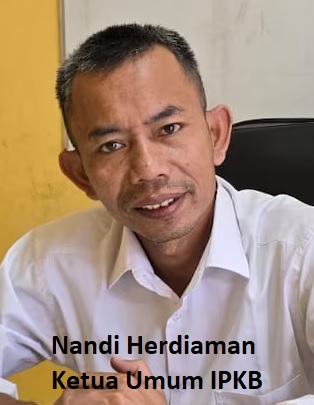Garment and textile issuer, especially underwear products, PT Ricky Putra Globalindo Tbk (RICY) believes it can maintain its business throughout 2023. Director Ricky Putra Globalindo Tirta Heru Citra said that this year his party is targeting a net sales growth of around 10% compared to the previous year. This figure is similar to RICY's net sales growth target in 2022. RICY's performance will be helped by the improvement in people's purchasing power after the end of the Covid-19 pandemic. The need for various clothing products will also remain high throughout this year.
Until this article was written, RICY had not released its 2022 financial statements. RICY itself estimates that it can achieve net sales of around IDR 1.43 trillion in 2022 or a 10% increase compared to the realization of net sales in 2021, which was IDR 1.3 trillion.
Meanwhile, until the third quarter of 2022, RICY experienced a decrease in net sales of 12% year on year (YoY) to IDR 901.94 billion. The majority of RICY's net sales came from sales of underwear and yarn (spinning) in the local market of Rp 299.43 billion and Rp 254.64 billion, respectively.
Meanwhile, in the export market, RICY sold more outerwear products, namely Rp. 236.16 billion per third quarter last year.
Tirta also emphasized that RICY will still focus on optimizing sales of underwear products in the domestic market in 2023. The company also has no plans to increase its sales contribution in the export market. "So far our export sales contribute around 35 percent of total sales," he said, Friday (10/3).
RICY has previously exported various fashion products to Southeast Asia, East Asia, America and Africa.
Like textile producers in general, RICY is also affected by the volatility of global commodity prices. The upward trend in commodity prices last year also affected the selling price of the raw materials for making RICY products.
Although it was not mentioned in detail, RICY's management admitted that it had made adjustments to the selling price of its clothing products by around 8% in 2022. RICY also continues to monitor market developments before making changes to its product price policy this year.
"Right now we have no plans regarding product price increases, because this really depends on the price of raw materials," said Tirta.
In addition, RICY also stated that it would postpone the launch of new products for the time being. This company still needs to see market developments, including post-pandemic consumer demand trends, before actually planning to develop new products.
Quoting RICY's public expose material in July 2022, this issuer has launched several new products for men's underwear under the GT Man brand and women's underwear under the GT Ladies brand. This company has also released a new sock product, the GT Man Socks brand, for sports and school needs.
Because there are no plans to release new products in the near future, RICY will focus more on rejuvenating sewing machines this year. For this reason, RICY has prepared a capital expenditure (capex) of IDR 15 billion.
For information, RICY has three production facilities consisting of a spinning and knitting factory in Cicalengka, Bandung, a dyeing factory in Tangerang, Banten, and a garment factory in Citeureup, Bogor.








